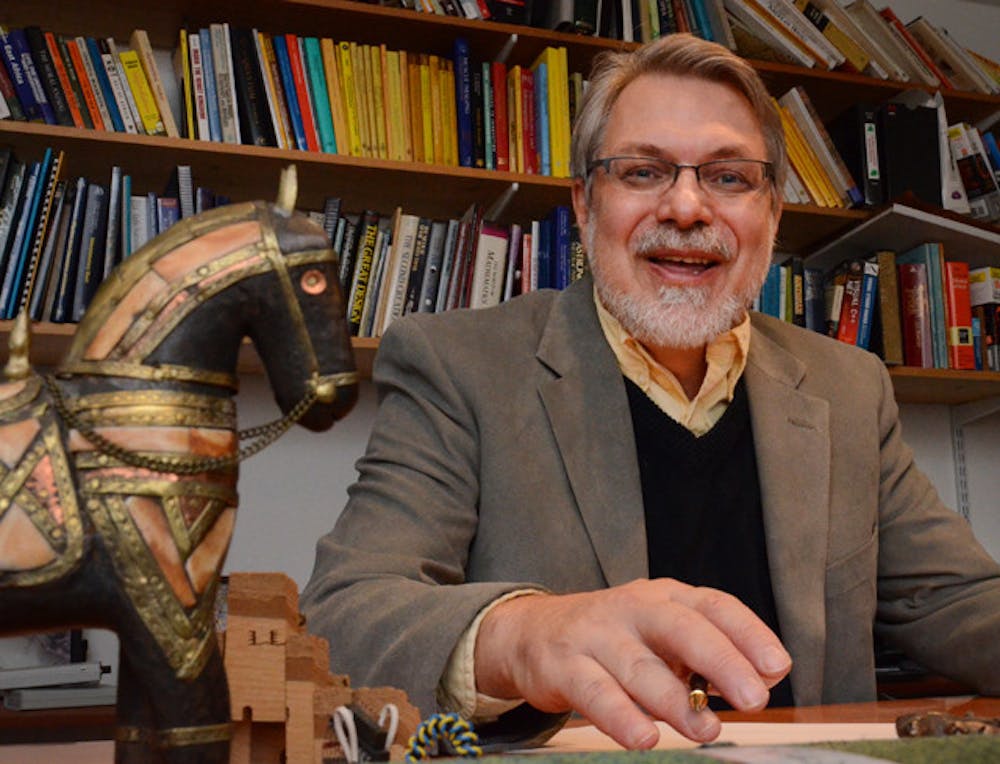Bo Gustafson learned as a child there’s never one answer. Ask him a question and he’ll smile, knowing there’s no such thing as a simple, concise response.
“I concluded there is no answer, there is more than one answer,” he said. “I decided that it’s very important for you not to remember the answers to any question, but to work them out through reasoning.”
Since then, he’s dedicated his life to searching for answers to questions that only lead to more questions.
For the past 30 years, Gustafson has taught students about the planets, stars, galaxies and everything in between.
In his down time, he’s searched for the foundation of our universe in places like the rings of Saturn and the atmosphere around Jupiter and the Sun.
But the one question that he just cannot shake — why, Professor Gustafson, did you kill Pluto?
A few years back, Gustafson was one of about eight chosen by the International Astronomical Union to write proposals to finally pin-down the definition of the term planet. The final result left little Pluto out in the cold.
Gustafson has heard all the complaints. Friends and students won’t leave him alone about it. How could he actually take away a planet?
He thinks they’re just getting caught up in the details.
“For some reason, there is a lot of emotional interest in Pluto,” he said. “I would say it’s not an issue worth debating whether Pluto is a planet because the planet is just the label.”
Born in Sweden, Gustafson spent hours studying physics in local libraries, determined to learn more than the repetitive lesson plans his teachers asked students to regurgitate.
In college, he stunned professors by inserting himself into scientific debates and composing thesis papers that contradicted the facts they taught.
But his thirst for knowledge and habit of rejecting face-value conclusions only made him stand out. In 1977, he left Europe for the United States to work with NASA.
Three years later, he came to UF to create the Laboratory of Astrophysics. His goal was to strengthen the state’s involvement in space-related research.
Throughout his career, he’s played a role in many of NASA’s exploratory missions, such as the Ulysses satellite to the sun, the Galileo mission to Jupiter, and the Cassini mission to Saturn.
His latest project has him developing smaller, low-cost space crafts which he believes could help in the challenge to solve global social issues caused by resource inequalities.
And he still questions everything.






